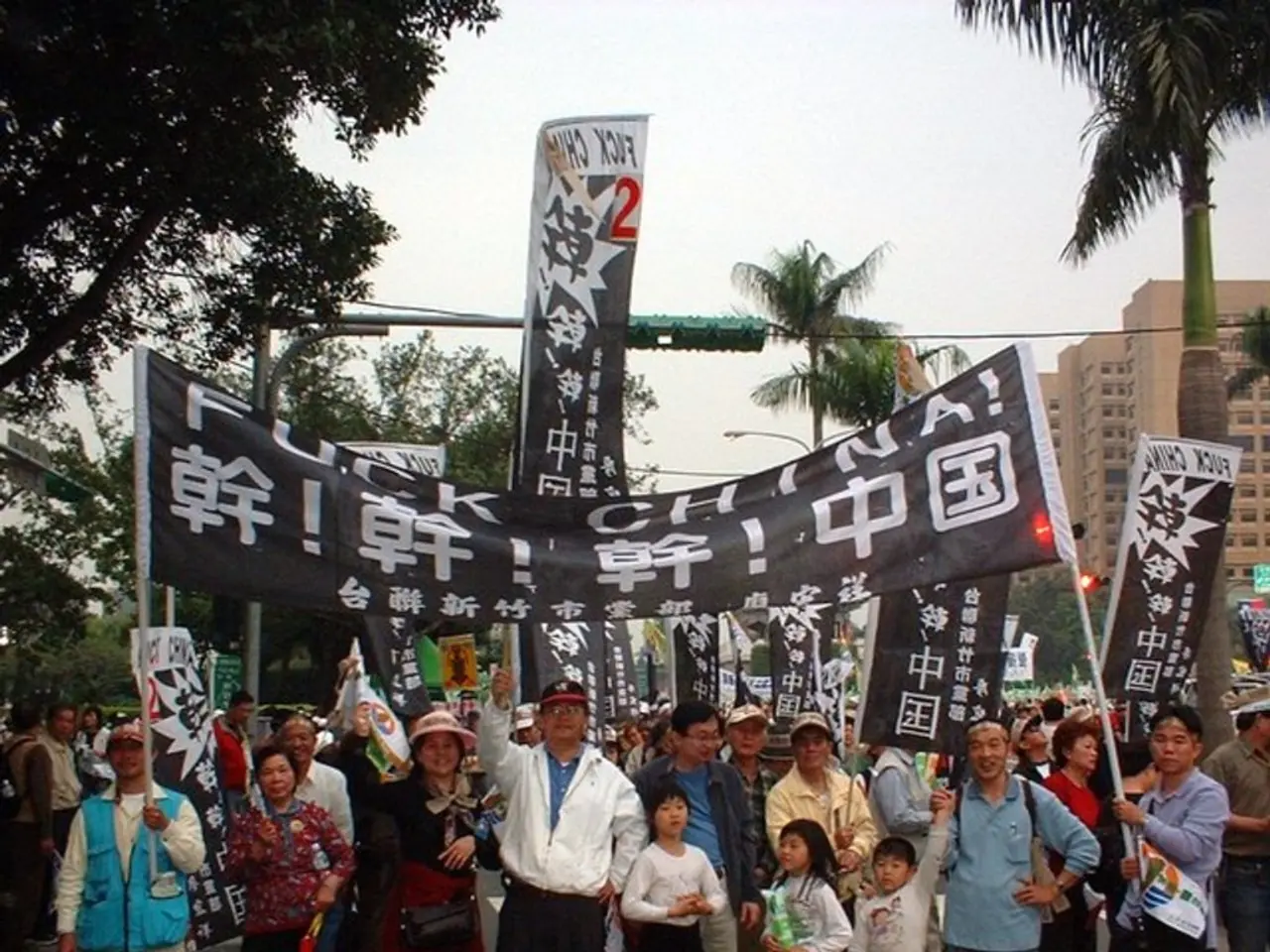EU Commission's migration proposals receive backing from Austria
Austria Criticizes EU's Migration Policy, Pushes for Tougher Measures
In a recent development, Austria's Interior Minister, Karl Nehammer, has voiced criticism towards the European Union's (EU) proposed migration and asylum policy. Nehammer, while welcoming the new plans presented by the EU Commission in September, believes that the policy lacks a community-wide approach, particularly in regards to deportation sponsorships.
The EU Commission's plan for individual EU countries to conclude return agreements with third countries, known as deportation sponsorships, has been criticized by Nehammer as "not target-oriented." He suggests that this approach should be expanded to include community-wide incentives and pressure.
Austria, with a high migration burden, has been vocal about its disagreements with the EU's proposed policy, focusing on its strict approach to immigration, particularly regarding deportations, asylum procedures, and the handling of certain asylum seekers. Austria plans to influence the final agreement by continuing its tough stance and pushing for policies that enable faster deportations and stricter asylum controls.
Key points of disagreement include Austria's plan to deport Syrians and further deportations to Syria and Afghanistan, despite concerns over the situation in these countries. This differs from more cautious EU positions emphasizing human rights and safety in countries of origin. Austria also supports measures like mandatory border procedures for certain asylum seekers and the outsourcing of asylum seekers to third countries to reduce pressure on member states.
Despite his criticism, Nehammer supports the legislative plans from Brussels in principle. He believes that the EU, as an economic area of 440 million people, can exert more pressure on third countries and offer incentives for agreements as a community than a single member state.
Austria has granted protection to around 120,000 people since 2015. Nehammer expects a common agreement on migration and asylum policy within the European Union and has stated that Austria will take a constructive role in the negotiations.
In summary, Austria disagrees with more humanitarian and procedural safeguards within the EU’s proposed policy, focusing instead on faster deportations, stricter admissibility criteria, and externalizing asylum processing. The country plans to leverage its domestic policy success and political alliances to shape the EU’s final migration and asylum framework toward these priorities.
- The ongoing politics surrounding the EU's migration policy-and-legislation has led Austria to advocate for a more general-news-worthy community-wide approach, particularly in the implementation of deportation sponsorships.
- Other European Union member states may face opposition from Austria, as the country pushes for less humanitarian safeguards and prioritizes tougher migration measures, such as mandatory border procedures and the outsourcing of asylum seekers.








